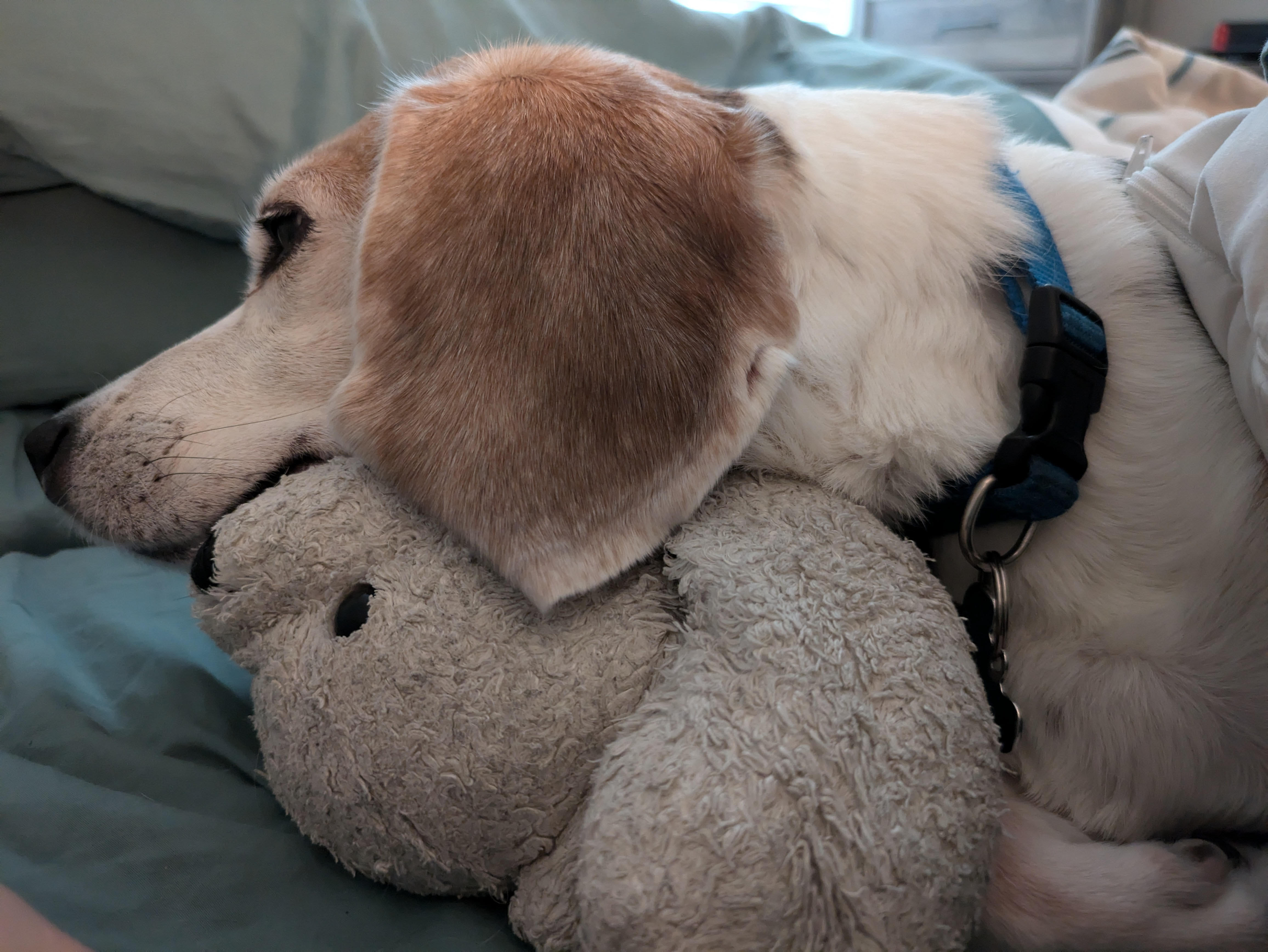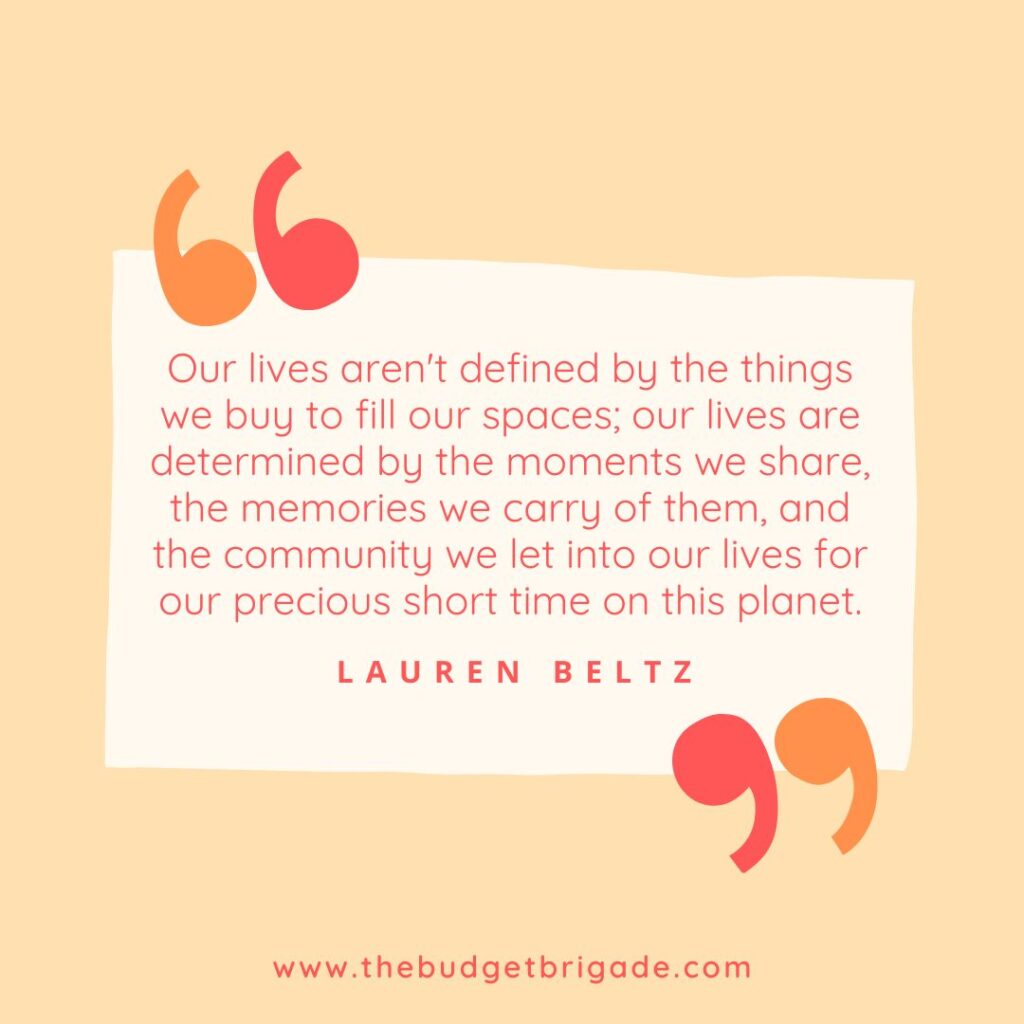In fall 2024, Hurricane Helene tore through the panhandle of Florida and across the southeast United States, bringing record breaking storm surges and utter devastation to entire communities. Hurricane Milton followed closely behind, taking a more direct approach across the middle of Florida. Though we’d moved to Colorado the spring before, our roots were still firmly planted in the area with family and friends across the storm’s path.
For decades growing up in Florida, I lived through the “should we stay or should we go” debate when it came to evacuating. Many times, I stayed. Two times, I evacuated.
My family evacuated once when I was in high school. I can’t tell you now what I packed. The only notable exception: I clearly remember bringing my laptop and my The Pirates of the Caribbean DVD, which we tried to watch all huddled together on a hotel bed.
The second time, I’d planned to meet my husband in California for a weekend while he was on a work trip. With the impending storm, I canceled my vacation plans (I still haven’t made it to Yosemite yet) and headed to my parents’ home across the state instead.
I remember a little more of what I took that time. After making sure all of our important documents were secure, I took pictures of everything in our home and packed my camera. I got the travel anxious Budget Beagle ready to go with her food and creature comforts in a failed attempt to keep her calm for the ride. Aside from a few other things, such as our computers and the teddy bear my daycare provider gave me, I remember little else.

I know I had more in the trunk of our car, but again, the details blur. What I remember instead is that our friend came over to help me take down the porch swing and move all the heavy potential projectiles from the yard into the garage before I left.
As Hurricane Helene ripped through my hometown and I prayed for all our family and friends there, a random thought sprang into my sleep deprived mind. If we had to evacuate, what would we take? In Colorado, you don’t usually have the “luxury” of days to prepare for natural disasters. If a wildfire is coming, you may only have an hour. So for the first time in my life, the question changed to:
What would you save in a fire?
In an apartment filled with belongings and with a storage unit packed to the door that swings inward with overflow from our Florida home, the answer was surprisingly little. It’s likely no surprise as I write this that the things I would prioritize include the things I remember taking when we evacuated for hurricanes:
- The Budget Beagle
- My teddy bear my daycare provider gave me
- The teddy bear my parents gave me
- The “to my sister” decor piece my brother gave me
- My grandfather’s last letter to me
- My laptop
- My pillow and mattress topper (Hashimoto’s inflammation is no joke!)
That’s all folks.
In a house full of stuff, that’s all that would matter in the moment.
That isn’t to make light of the situation for my friends and countless others who have lost everything. I couldn’t fathom the utter horror and violation I felt when someone broke into our house. Loosing everything instead of just a hamper full of valuable electronics? It does not compute.
But I’ve noticed a certain mindset which was one I had myself after our break-in. We need a bed to sleep in and a dresser to hold our clothes for an organized, functional everyday life. Furniture, clothing, entertainment–it all costs money to replace, and a certain amount of it is necessary. But perhaps we put too much significance and value on that, instead of focusing it where it matters most.
Our culture has become consumed with consumerism. We’ve been sold the lie that we need stuff to make us happy and to bring value into our lives. But when it comes down to it, that stuff is never the priority. In the moment of truth, it isn’t what matters.
In all the times I’ve had to run the “what if I never get any of this back” scenario, my husband’s dresser has never once mattered. Mine ironically has, but not because of its monetary value. My dresser matters to me because the letter from my grandfather I would save in a fire is about the history of that dresser and how he wished to continue its legacy with the next generation in our lineage.
My community has been rocked by this storm and other hurricanes that came before it. Common threads run through the aftermath every time:
We are heartbroken.
Everything is gone.
We don’t even know where to begin.
But we are grateful we are safe.
Our community has come together and we’re so thankful to everyone who has helped with our kids and our house and has supplied food and clothes and a place to stay.
What people wish they’d been able to save aren’t the expensive clothes or furniture. It’s the mementos that carry sentimental value, the things that remind us of our families and friends, especially of our children.
They are expressions of love.
As I reflected on Hurricane Helene, I remembered Hurricane Irma, the first of two hurricanes that rocked our neighborhood while my husband and I lived in Florida together. We’d owned our house for two years, but we hadn’t met anyone in our neighborhood before the storm. Without power, we escaped outside until the roads cleared and we could seek air conditioned shelter. Over the course of a few days, we suddenly met many of the neighbors who became family for the remainder of the years we lived there.
Natural disasters can cause some of the worst situations imaginable, but they also have a tendency to bring out the best in people. We are resilient, we are tough, and we are good. When shit gets real, people take care of their neighbors. As we’ve outsourced more and more of our lives to our phones, TVs, and social media, many of us have lost those connections that hold us together in the darkest of times.
I’m glad Irma forced us to socialize. We were two years late to the party, but at least we finally showed up, armed with baked beans and marinara sauce. And I’m glad Irma gave us the mindset shift to focus less on accumulating stuff and more on building relationships with the people around us.
The impact of this intentionality with our time and money hit us this past spring when we moved. We expected our last day in our home to be emotional. It was the longest my husband had ever lived in one place. It was the first home we bought together and was the first place we made our own. We spent nearly a decade in that house and leading up to our departure, I thought leaving was going to be one of the hardest things I’d ever done.
It was, but not for the reason I’d thought. Though this house had sheltered us and protected us and has given us a safe space to come home to every night, it wasn’t the house that was hard to leave behind, nor was it the half of our belongings we ended up selling to prepare for the move.
It was the community and what the house represented, the Christmas morning casserole and cinnamon rolls eaten around the table with our neighbors and Memorial Day Indy 500 watch parties with family and friends. It was Friday night game nights and our nephew’s sheer joy as he jitterbugged to the record spinning on the jukebox.
Our lives aren’t defined by the things we buy to fill our spaces; our lives are determined by the moments we share, the memories we carry of them, and the community we let into our lives for our precious short time on this planet.

No natural disaster can ever take those away. The most important things we save in a fire, we carry with us always.
